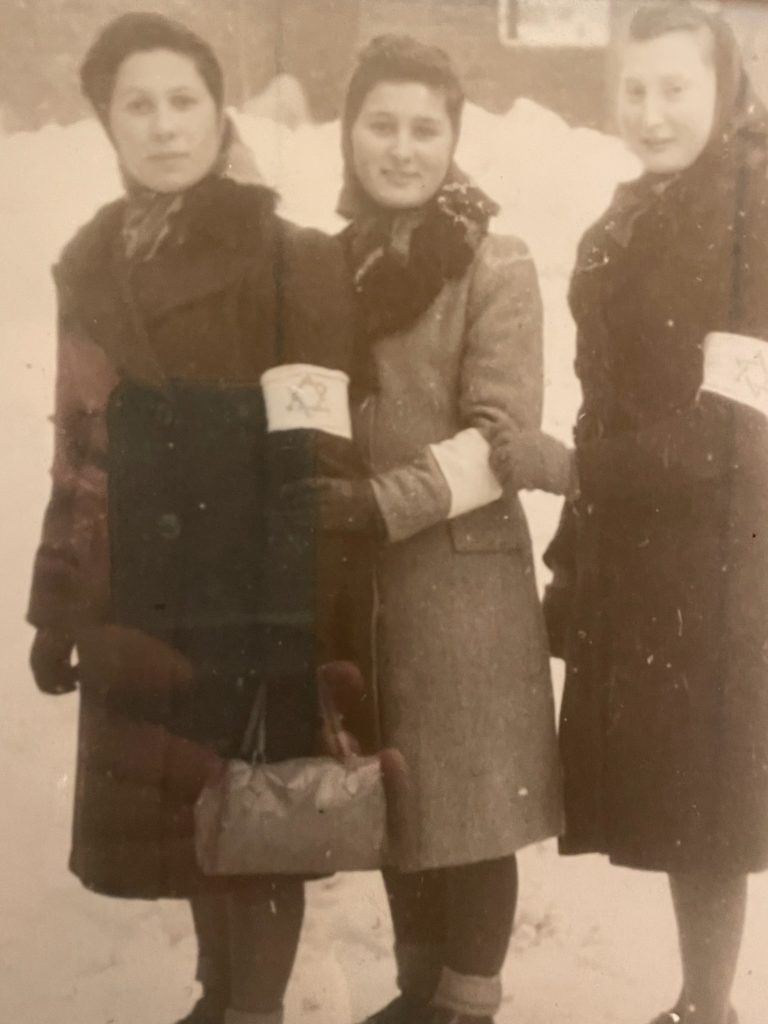Holocaust Education

I am proud to be a descendant of slaves. All Jews can claim this status based on our understanding of biblical history. Certainly, one can debate the existence of Moses and the veracity of the books of the Torah. Religious writing of the Bronze Age and the Torah itself lend themselves to debate and argument.
For me, this debate is irrelevant. The mythos of being a child of slaves forces us to recognize that our roots are as common as clay. Our existence and redemption (if it is possible to be redeemed) are based on humility and c stiff-necked imperfection. (Moses had a hot temper and often “fell on his face” in frustration. That’s why I like him.)
My desire to honor the fact that I am the descendant of slaves is more immediate. During World War II, my father was enslaved in Buchenwald and my mother was enslaved in Oberalstadt. Both survived after five years. Both were determined to start over…to make a family…to provide a legacy and history of Jews that I have spent much of my adult life trying to understand.
Our family’s Passover Seder meals were spiced with this knowledge and the demand that my sisters and I recognize from whence we came. We were witnesses to our parents’ struggle, resilience and stress disorders. Our very existence was a testimony to the randomness of survival, the resilience of those who raised us and the neurosis of vicarious traumatization.
The lesson that my siblings and I received is that no matter how successful we may be, we are children of those who have suffered great losses. Our duty is to honor those losses and to stand against oppression.
At first, despite my family’s background, I was reticent about pursuing efforts as a Holocaust educator. It was my younger sister, Myra Fox, who took the lead in this arena. After she passed away at the age of 62, I felt that I should take on this responsibility as a tribute to her and to our parents’ memory. I am honored to do so.
A biographical memoir is attached. It focuses on my family’s history and is the basis of my efforts as a Holocaust educator. In addition, the PowerPoint slide show I use for Holocaust education talks is also attached.
Organizations and schools seeking Holocaust education should contact the Oregon Jewish Museum and Center for Holocaust Education, education@ojmche.org – (503) 226-3600
